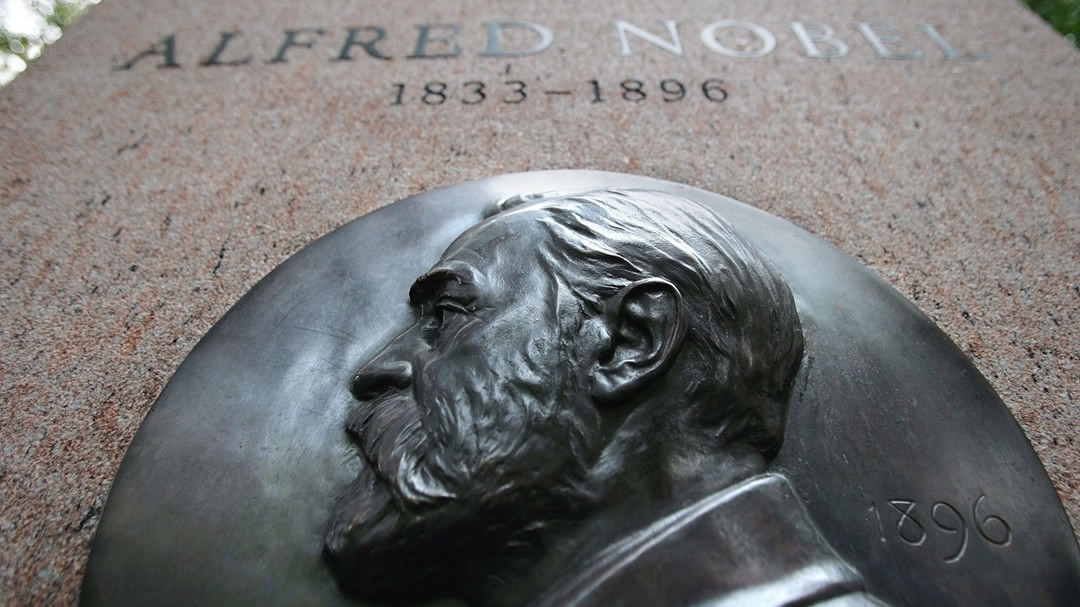British writer Kazuo Ishiguro was declared the winner of the 2017 Nobel Literature Prize on Thursday, becoming the 114th literature laureate.
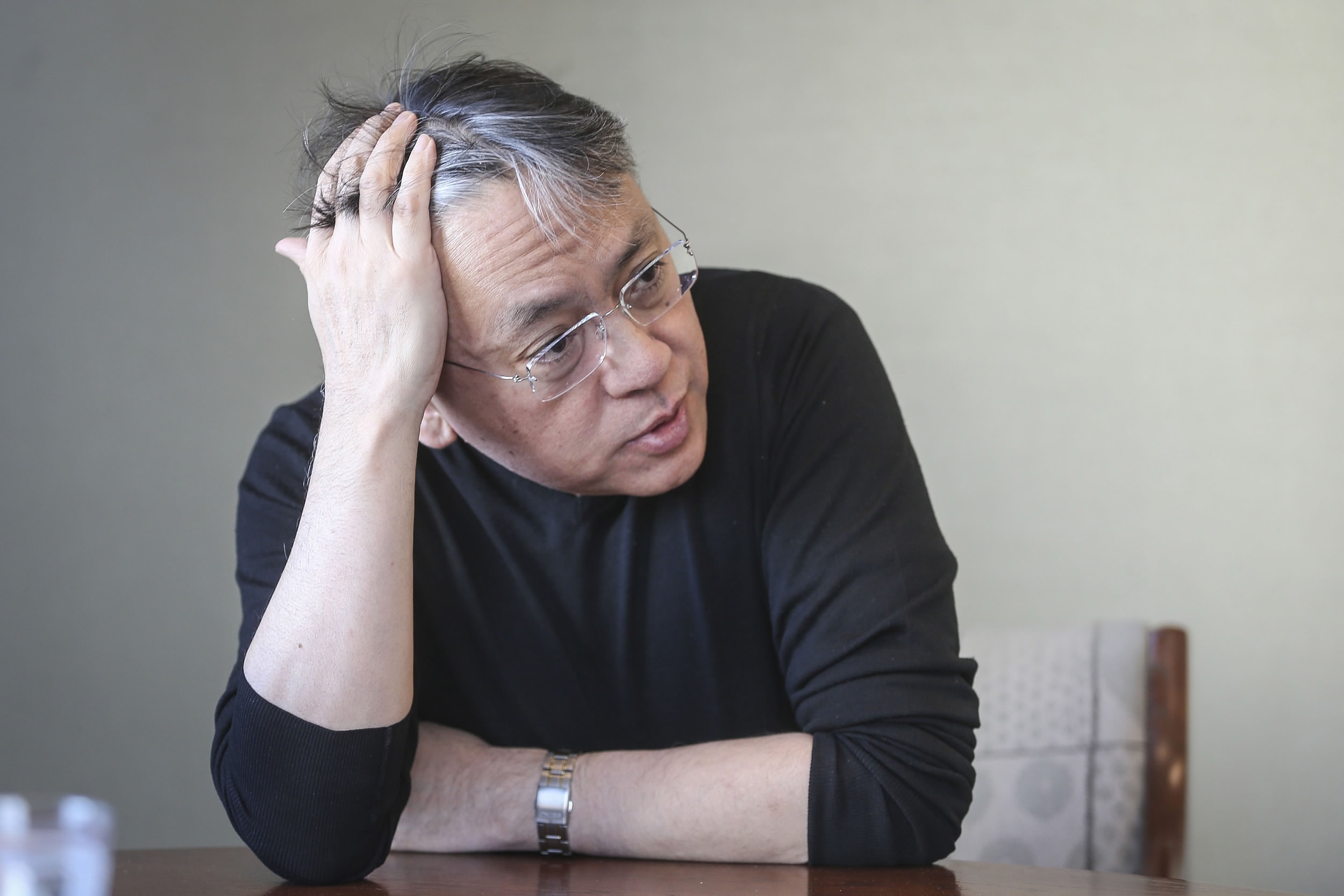
Kazuo Ishiguro, 2017 winner of the Nobel Prize in Literature /Getty Images
Kazuo Ishiguro, 2017 winner of the Nobel Prize in Literature /Getty Images
The author of “The Remains of the Day” and “Never Let Me Go” told the BBC that the honor was "flabbergastingly flattering”.
The title of Nobel Laureate indeed appears one to be very proud of, considering the other great literary names Ishiguro is now bracketed with, such as Rabindranath Tagore (winner in 1913), Winston Churchill (1953), and Ernest Hemingway (1954).
However, throughout the century-long history of the Literature Prize, there have been authors who were not enthusiastic about winning. Two writers have actually refused (or been forced to) accept the award.
The roster of winners of the top literature prize surely shines with a constellation of genius writers. But the list also reflects changes in society and attitudes to writing, mired in controversies and what some hold as mistakes.
The firsts
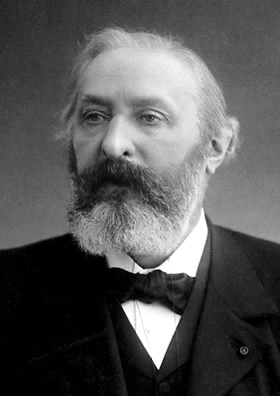
Sully Prudhomme, the first ever winner of the Nobel Prize in Literature in 1901 /Nobelprize.org
Sully Prudhomme, the first ever winner of the Nobel Prize in Literature in 1901 /Nobelprize.org
The first ever Nobel Literature Prize winner was the French poet Sully Prudhomme. The prize was "in special recognition of his poetic composition, which gives evidence of lofty idealism, artistic perfection and a rare combination of the qualities of both heart and intellect".
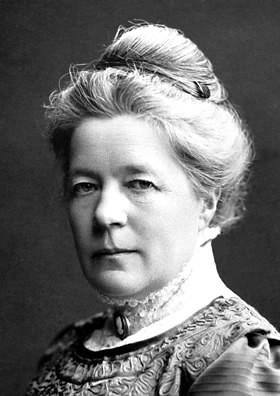
Sweden's Selma Lagerlof, the first female winner of the Nobel Prize in Literature /Nobelprize.org
Sweden's Selma Lagerlof, the first female winner of the Nobel Prize in Literature /Nobelprize.org
The Swedish writer and teacher Selma Lagerlof became the first ever female winner of the prize in 1909 for her writings that display “vivid imagination and spiritual perception”. Lagerlof was elected into the Swedish Academy, the institution in charge of naming the winner, five years after her win.
Diversity isn’t something that the academy can safely boast about, with a lot of criticism of bias in favor of native European writers. The first laureate not with this background was Rabindranath Tagore, born in India. The Swedish Academy statement in 1913 didn’t overlook the exception, noting that the profound thoughts of Tagore were expressed “in his own English words”.
No-bel Prize
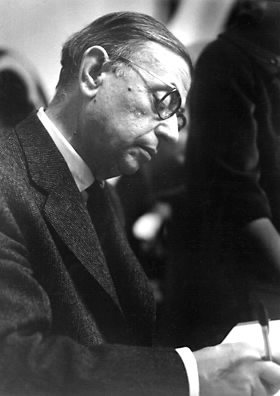
Jean-Paul Sartre, 1964 winner of the Nobel Prize in Literature /Nobelprize.org
Jean-Paul Sartre, 1964 winner of the Nobel Prize in Literature /Nobelprize.org
Bob Dylan is probably the best-known winner who hesitated to join the awarding ceremony in Sweden, but he is not the only one.
Hemingway didn’t show up in 1954.
But some winners went even further by rejecting the nomination.
French philosopher, playwright and novelist Jean-Paul Sartre, winner in 1964, refused the honor, telling media in a statement that his “personal reason” for the refusal was that he “always declined official honors” while the “objective reason” was based on his sympathies with socialism that had alienated him from “cultural authorities”.
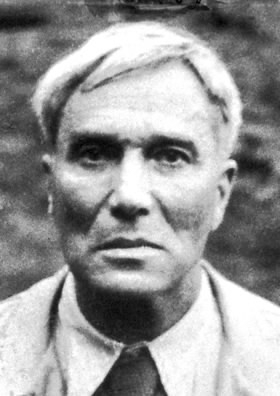
Boris Pasternak withdrew from claiming the Nobel Prize in Literature in 1958. /Nobelprize.org
Boris Pasternak withdrew from claiming the Nobel Prize in Literature in 1958. /Nobelprize.org
An author from the then leading socialist country also turned down the prize, but for a different reason.
Soviet Union novelist and translator Boris Pasternak’s award was announced in 1958, partly for his most acclaimed book “Doctor Zhivago”. The work gained the author huge fame overseas yet got him into mountains of trouble at home due to the novel’s critical tone on USSR institutions.
He withdrew from claiming the Nobel Prize in the face of nationwide criticism. “Doctor Zhivago” was never officially published in Pasternak’s motherland during his lifetime.
Women laureates
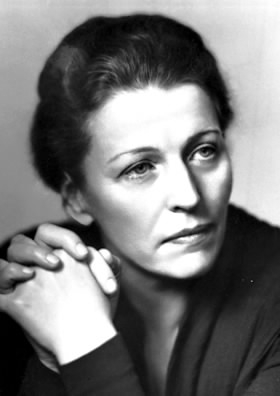
Pearl Buck, American author who was the 1938 winner of the Nobel Prize in Literature /Nobelprize.org
Pearl Buck, American author who was the 1938 winner of the Nobel Prize in Literature /Nobelprize.org
From Selma Lagerlof on, 14 women have been honored by the Swedish Academy for their contributions to the world of literature.
It was one of these acclaimed women who first brought the subject of China to the attention of the Western “cultural authority”. American writer Pearl S. Buck was also known by her Chinese name, Sai Zhenzhu, after spending much of her life in China, and she was awarded the Nobel Prize in 1938 “for her rich and truly epic descriptions of peasant life in China and for her biographical masterpieces”.
The oldest Nobel Laureate in Literature to date is Doris Lessing, who was 88 years old when she was awarded the prize in 2007.
Controversies
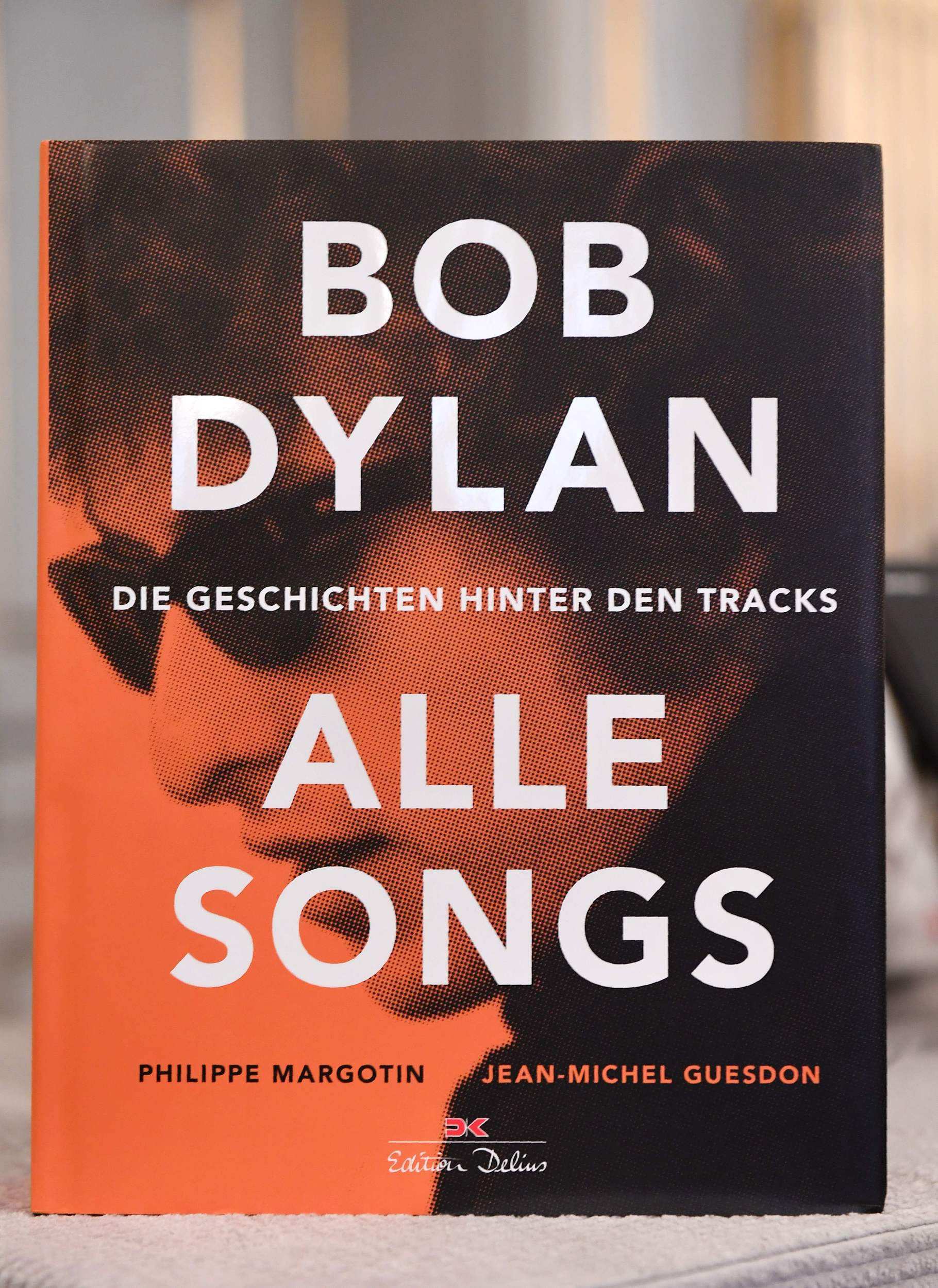
Poetic songs or musical poetry? /VCG
Poetic songs or musical poetry? /VCG
Among all the disputes shadowing the award, cultural diversity has been at the forefront.
Twenty-nine of the 114 laureates are celebrated for their writing in English, 14 in French and 13 in German.
But the family has been expanding gradually over the past half century to include works from authors of more diverse backgrounds.
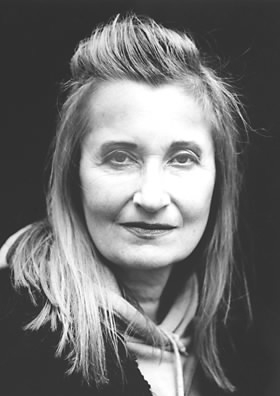
Elfriede Jelinek was a controversial winner of the 2004 Nobel Prize in Literature /Nobelprize.org
Elfriede Jelinek was a controversial winner of the 2004 Nobel Prize in Literature /Nobelprize.org
The academy’s taste in literature has also not been to pleasing to all.
For many critics and ordinary readers, noted authors who the academy was accused of unjustly not recognizing include American satirist Mark Twain, and Russians Leo Tolstoy and Anton Chekhov.
The dispute can sometimes take on a more abrupt and explicit form. In 2005, a Swedish Academy member resigned in protest at the choice of Elfriede Jelinek, 2004 winner.
The general public was stirred again last year when Bob Dylan, recognized more as a musician than a poet, was declared the winner "for having created new poetic expressions within the great American song tradition".

